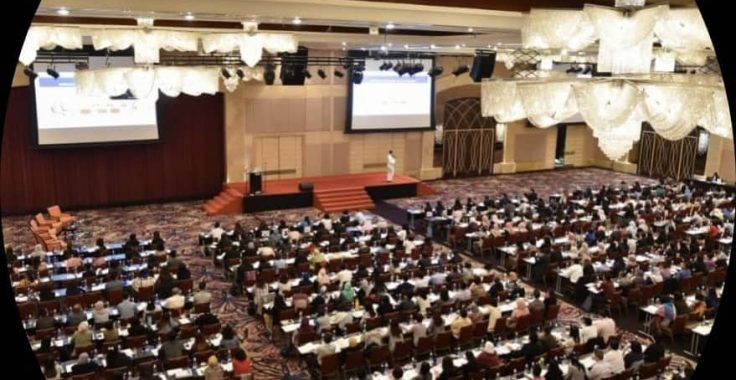
About Course
SST was implemented on 1st September 2018 and your business should have submitted a few SST returns to customs. The SST impact on businesses can be major if you are not well prepared to ensure your business activities are SST compliant. Businesses should start reviewing their return because SST is a transaction base and self- compliance tax system and heavy penalty imposed upon failure to comply with the rules and regulation.
Lately, even for businesses who are NOT registered with SST, you may also need to comply with the rules and regulations, e.g. vendor (agent) who purchase materials on behalf of a registered manufacturer will need to apply for Schedule C item 3 from customs in order to get exemptions from sales tax. Furthermore, customs will carry out SST audit in near future to ensure good compliance by the SST registrants.
Brochure
— Course Fee: RM 1,080.00 (Inclusive of 8% Service Tax) —
Student Ratings & Reviews
